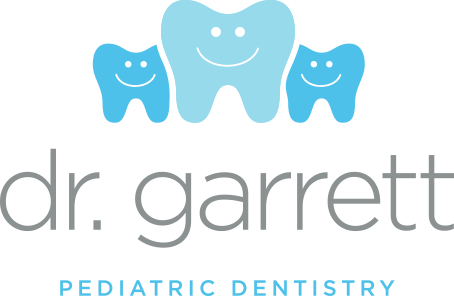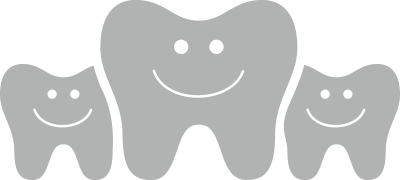Fixing teeth with the pediatric dentist
“Aren’t the baby teeth just going to fall out?” As a pediatric dentist, these questions come up every now and then and I am happy to explain why it is important to restore primary, or baby, teeth.
The first reason is that the primary molars don’t usually fall out on their own until at least age ten to twelve. Because we often see decay in these teeth before the age of six, we know that even a small cavity can progress and enlarge over the years and become a problem before the tooth falls out.
Another reason why preserving the health of primary teeth is important is because one of the functions of the primary teeth is to hold the space for the permanent teeth. When a primary tooth is extracted, there is always going to be some amount of space loss due to drifting of the other teeth. This occurs even when we take special precautions to preserve space with a space maintainer. Restoring and preserving a baby tooth is the best way to prevent unnecessary crowding in the future.
The last and I think most important reason to fix baby teeth is to prevent pain and infection. Studies have shown that tooth decay can have devastating consequences that extend beyond the dental chair. Rampant decay can negatively impact a child’s overall quality of life, inhibit their cognitive and social development and compromise their growth, function and self esteem.
A pediatric dentist will treat each patient as an individual. I always take into account the age of the patient and the expected age that a patient will lose a particular decayed tooth, and then make an assessment of risk and treat the patient accordingly.


